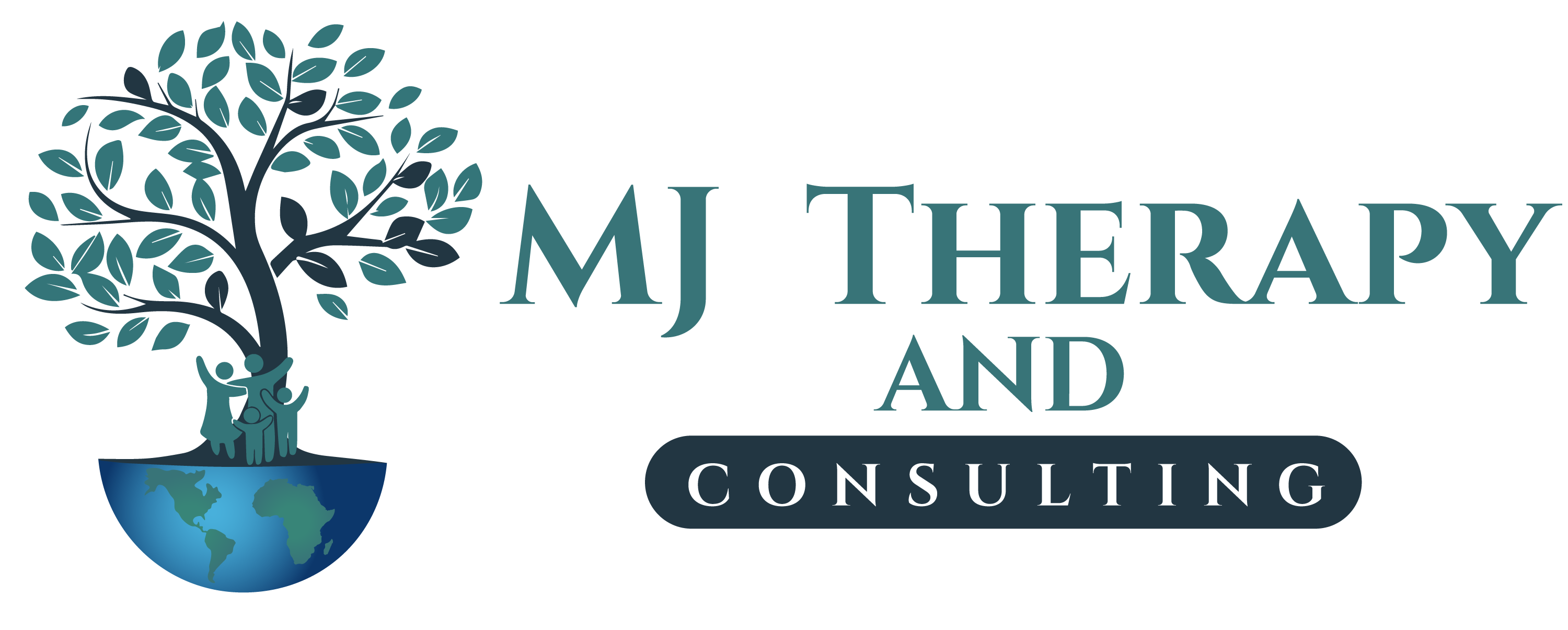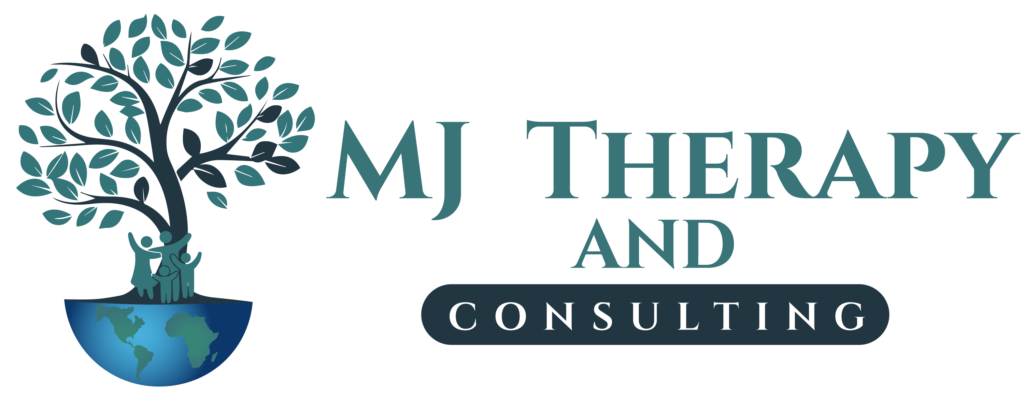Embarking on the therapy journey is a brave and important step toward personal growth and emotional well-being. Whether you are seeking help for mental health concerns, relationship issues, or personal development, a consultation call with a therapist is often the first step. Preparing for this call can enhance the effectiveness of your session and set the tone for a successful therapeutic relationship. Here are six steps to help you get ready for your therapy consultation call.
1. Reflect on Your Reasons for Seeking Therapy
Before the consultation, take some time to reflect on why you are seeking therapy. What specific issues or challenges are you facing? Are there particular feelings or experiences that have prompted you to seek help? Writing down your thoughts can provide clarity and help you articulate your needs during the call. Being clear about your goals will assist the therapist in understanding your situation and tailoring their approach to your needs.
2. Prepare Questions to Ask the Therapist
A consultation call is not just an opportunity for the therapist to learn about you; it’s also your chance to evaluate whether they are the right fit for you. Prepare a list of questions to ask during the call. Consider inquiries such as:
- What is your therapeutic approach or style?
- How do you typically work with clients?
- What experience do you have with my specific concerns?
- What can I expect from our sessions?
- How do you handle confidentiality and privacy?
These questions will help you gauge the therapist’s compatibility with your needs and preferences.
3. Gather Relevant Personal Information
While you don’t need to share every detail of your life, having some key information on hand can be helpful during the consultation. Consider gathering:
- Your medical history, particularly any mental health diagnoses or treatments.
- Current medications you are taking.
- Any previous therapy experiences and what you found helpful or unhelpful.
Having this information ready can provide the therapist with context for your situation and facilitate a more productive conversation.
4. Set a Comfortable Environment
For many, a phone or video consultation can feel intimidating. To ease any anxiety, find a comfortable and quiet space for your call. Ensure you won’t be interrupted and that you have a good phone or internet connection. Being in a calm environment can help you feel more at ease and allow you to focus on the conversation without distractions.
5. Practice Self-Compassion
It’s natural to feel nervous before a therapy consultation call. Remind yourself that seeking help is a courageous step and that it’s okay to feel vulnerable. Practice self-compassion by acknowledging your feelings and giving yourself permission to express them during the call. Remember, the therapist is there to support you, and it’s their job to help you navigate this process.
6. Be Open and Honest
During the call, aim to be open and honest about your experiences and feelings. The more authentic you are, the better the therapist can understand your needs and develop a tailored approach to your care. Share what you hope to achieve through therapy and any concerns you may have. This transparency will help establish a strong foundation for your therapeutic relationship.


